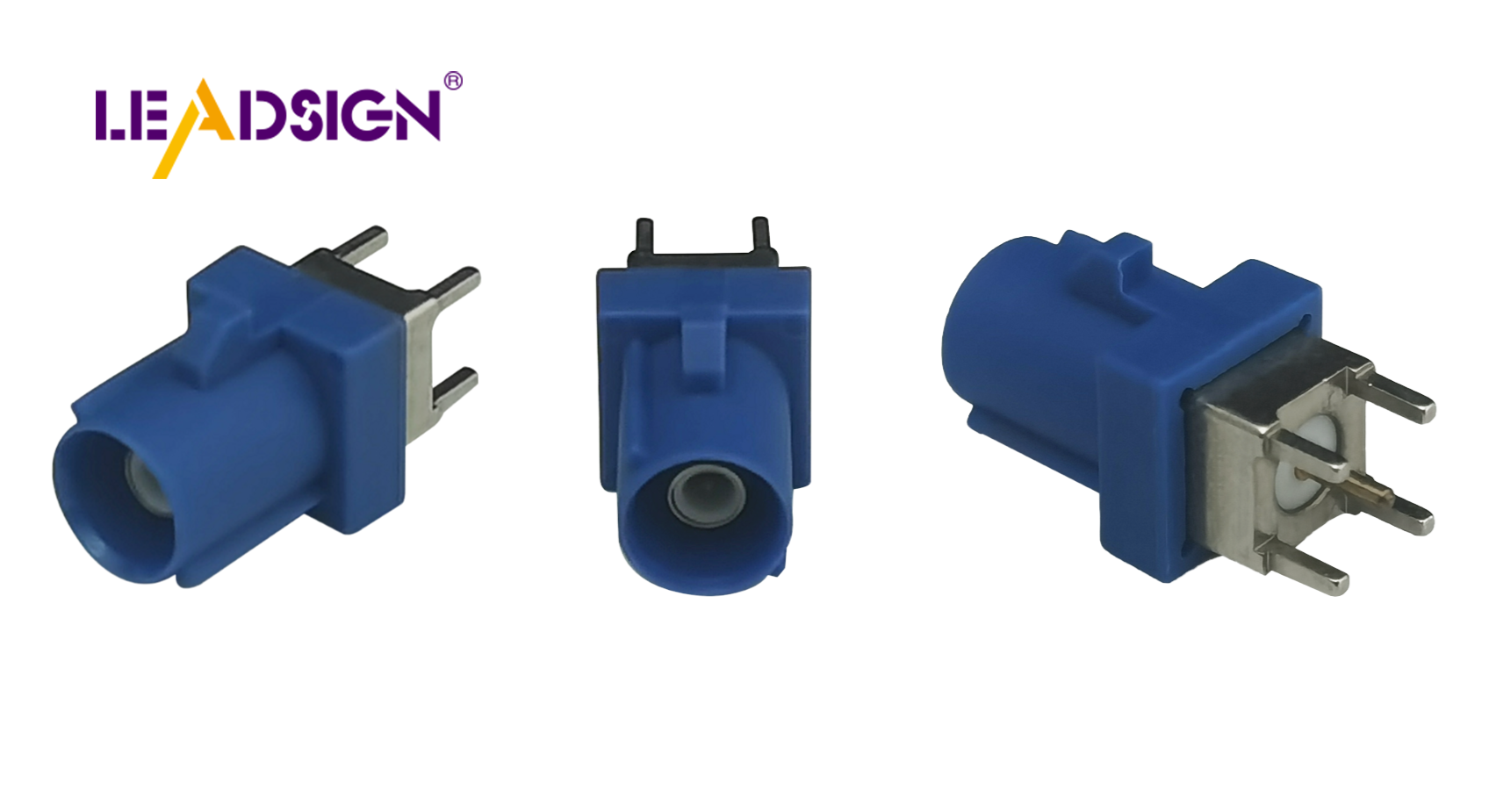How to Identify Automotive Wiring Connector Types

Identifying the correct automotive electrical connectors types is crucial for maintaining optimal functionality of your vehicle's electrical components. Issues such as loose connections, corrosion, or damaged wires can arise, impacting the performance of your car or causing it to malfunction. Investing in high-quality connectors is essential to prevent future complications. Understanding the various types of automotive electrical connectors can help prevent these challenges and ensure smooth operation of your vehicle.
Understanding Car Electrical Connectors Types
Knowing different car connectors is very important. They help your car's electric parts work well. Let's look at the types and what makes them special.
Types of Car Electrical Connectors
Blade Connectors
Blade connectors are really common. They have a flat metal piece that fits into a slot. You find them where quick unplugging is needed, like in fuse boxes. They are easy to use because they slide in and out easily.
Pin Connectors
Pin connectors use pins to connect things. They are used for strong connections, like in engine controls. Pins fit tightly into sockets, so they stay connected even when things shake.
Bullet Connectors
Bullet connectors look like bullets and are round. They connect wires in small spaces, like lights. Their shape helps them stay connected without coming loose.
Connector Materials
Plastic Connectors
Plastic ones are light and don’t rust. They're good for cars needing less weight for better fuel use. Even though they're light, they protect well from water and weather.
Metal Connectors
Metal ones, made of copper or brass, conduct electricity well and last long. They're used where it's hot or needs strong connections, like engines.
Connector Functions
Power Connectors
Power connectors carry lots of electricity to parts like the starter motor. Keeping them in good shape is key for your car’s performance.
Signal Connectors
Signal connectors send data between car parts, like GPS systems need them to work right by staying connected well.
Ground Connectors
Ground connectors let electricity go back to the battery safely. They stop electrical problems and keep your car safe.
Knowing these connector types helps you take care of your car’s electric system better.
Steps to Identify Wiring connector types
Finding the right car connectors can be hard, but you can learn how. Let's make it simple with these steps.
Look Closely
Start by looking at the connector carefully. Use your eyes to see details.
Check Connector Shape
First, look at its shape. Is it round or square? Each shape tells what it does. Round ones might be bullet connectors, flat ones are often blade connectors. Knowing the shape helps you know which type it is.
Note Connector Color
Next, see its color. Colors show what they do. Red could mean power, black might mean ground. Seeing colors helps you know the connector's job in the car.
Use Manuals and Guides
Sometimes just looking isn't enough; guides help a lot.
Read Manufacturer Manuals
Manufacturer manuals have lots of info and pictures about connectors in your car. They help confirm what you see and keep you on track.
Check Online Resources
The internet has many pictures and details about connectors. Compare yours with online images to find a match easily.
Ask Experts
If unsure, ask for help from experts.
Talk to Mechanics
Mechanics work with connectors daily and offer good advice that books may not have. A chat can clear up any confusion about a connector.
Visit Car Stores
Car stores are good for advice too. Staff know about different connectors and suggest the best one for your car needs.
By following these steps, finding car connectors becomes easy. Practice makes perfect; more practice means easier recognition next time.
Easy Tips for Finding Connectors
Finding car electrical connectors can be tricky. But with some easy tips, it gets simpler and faster.
Keeping a Connector Chart
A connector chart is like your own guidebook. It helps you find connectors quickly without guessing.
Making Your Own Chart
Start by making your chart. Take pictures of connectors you see often. Write down details like shape, color, and job. This chart is useful when you need to find a connector. Plus, it grows as you learn more, becoming better over time.
Using Ready-Made Charts
If making a chart seems hard, don't worry. You can find ready-made charts online or in car stores. These charts have many connectors and are great to start with. They save time and help when you're stuck.
Buying Tips for Connectors
When buying connectors, smart tips help get the right ones.
Buying from Good Sellers
Always buy from good sellers. They have top-quality connectors that work well. This lowers the chance of getting bad parts. Good sellers also give better help if you have questions.
Checking Fit
Before buying, check fit. Make sure the connector fits your car's needs. Look at size, shape, and job it does. If unsure, ask experts or makers for help to get what you need.
By using these easy tips, you'll feel sure about finding and buying the right connectors for your car. Remember, practice makes perfect; each try teaches you more.
Finding car wiring connectors is simple if you follow steps. First, look at the connector's shape and color. Use books and the internet to check what you find. Ask experts if you're unsure. Doing this often will help you know connectors better.
"Knowing connectors well keeps your car safe and working."
It's important to learn about your car's electric parts and use good connectors. Keep practicing and checking resources to do it right every time. Knowing them helps keep your car safe and running well.
See Also
Exploring HSD Connectors in Automotive Technology
Navigating Ford Fakra Connectors
Significance of Fakra Connectors in Contemporary Cars

